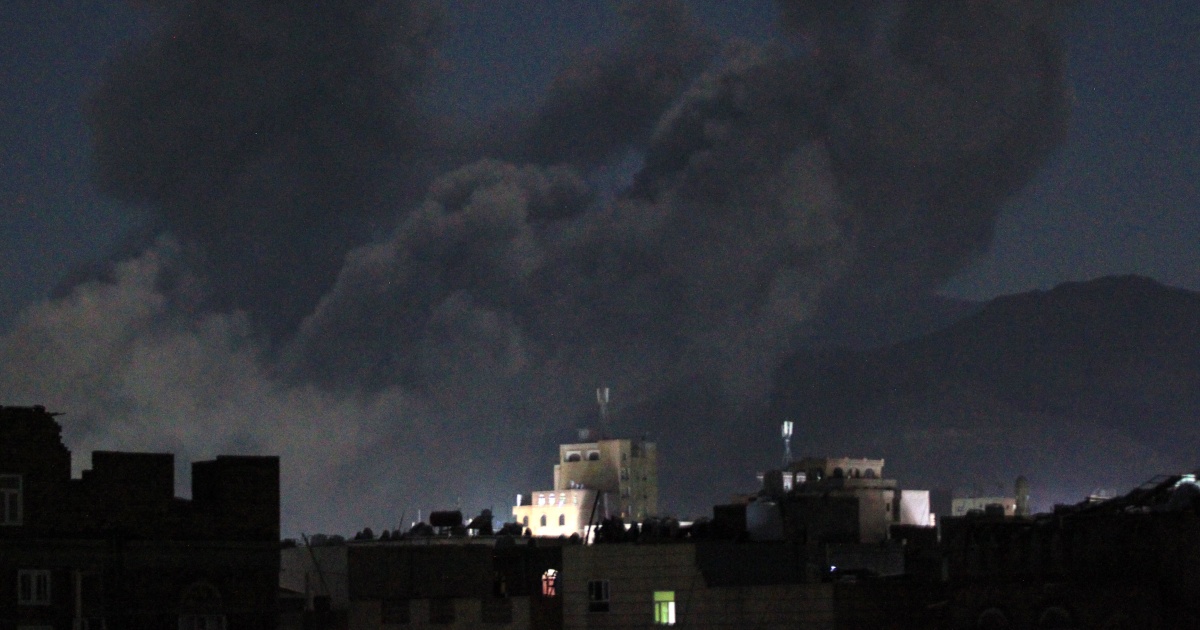Key takeaways:
- Explosions in Sanaa and Saada followed U.S. airstrikes targeting Iran-backed Houthi rebels, ordered by President Trump to curb their capacity to attack global shipping and U.S. interests.
- The airstrikes resulted in at least 31 fatalities and 101 injuries, prompting vows of retaliation from the Houthis, who have been launching missiles and drones amid the ongoing Gaza conflict.
- U.S. Secretary of State Marco Rubio stated that the airstrikes serve global interests by targeting the Houthis’ ability to disrupt international shipping routes, adding complexity to the region’s geopolitical dynamics.
On Saturday evening, explosions were reported in the Yemeni cities of Sanaa and Saada, areas controlled by the Houthi group. The incidents followed a series of U.S. airstrikes targeting the Iran-backed Houthi rebels. These strikes were ordered by President Donald Trump, who stated that the military action aimed to curb the group’s capacity to attack global shipping and U.S. military interests. The President emphasized the use of “overwhelming lethal force” to deter further Houthi aggression along a critical maritime corridor.
According to the Houthi health ministry, the airstrikes resulted in at least 31 fatalities and 101 injuries. The strikes have drawn a vow of retaliation from the Houthi rebels, with a spokesperson indicating plans for “more escalation.” The conflict has intensified as the Houthis, who control significant portions of Yemen including the capital, have been launching missiles and drones, particularly in response to the ongoing conflict in Gaza.
U.S. Secretary of State Marco Rubio commented on the situation, asserting that the airstrikes serve a global interest by targeting the Houthis’ ability to disrupt international shipping routes. He described the military action as beneficial to the international community, highlighting the strategic importance of maintaining secure maritime passages.
The escalation in Yemen adds another layer of complexity to the region’s geopolitical dynamics, as the U.S. seeks to counteract the influence of Iran-backed groups. The situation remains tense, with potential implications for international shipping and regional stability. The international community is closely monitoring developments as both sides prepare for possible further confrontations.



Be First to Comment